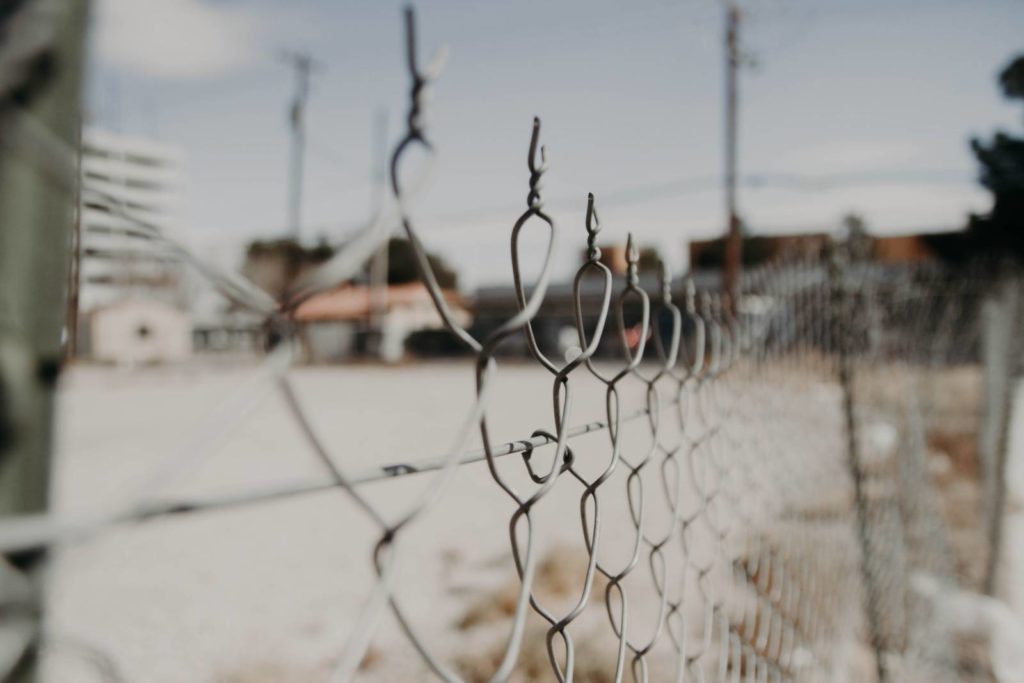
*To preface this article, I want to start by saying that this is not about police bashing or to put out fear or disconnection to any sort of agency in America, this is about giving both an empathetic and responsible look at the War On Drugs and the system we are currently using with the more updated research that we understand now. I am grateful for having a system whose main goal is to protect us, and do good by American society, however, it is important that we also look at where the system isn’t working and learn from those well-intentioned errors. Also, instead of calling people “addicts” I will use the phrase, “people struggling with (substance abuse)” or PSWA for short, bc I don’t endorse (substance abuse) as an identity.*
Jail for people struggling with substance abuse doesn’t work. In one of my client systems, I was heartbroken that the moment they broke their parole by drinking alcohol the next step was to put him back in jail, and all of our work was put on hold. Not because I believe that I am some amazing therapist, but because deep down (and through reading through the recent research on attachment, trauma wounds, and the like) that jail for him was not working. And in fact, it was hurting.
Him and many other PSWAs had a past that had a lot of pain, trauma, misunderstanding, and lack of healthy family communication and boundaries. Turning to alcohol and drugs can be many things to a person: a way to numb out painful emotions, a way of feeling belonging and connection, a way of getting emotional needs met, a way to cope with overwhelm and depression, the list goes on….
Jail doesn’t meet these needs. Yes, it gives a punishment that clearly sends the message that this thing is not okay — but when complex emotions surface, drug use will always win over the painful feelings that come up. Drug use will always win over the scary and painful feelings of insanity, isolation, or worthlessness.
Jail can actually cause more trauma for an addicted person. It can increase feelings of disconnection, shame, and of not knowing how to be “normal” in the free world. One of my clients can’t sit away from a door from the beatings and the “boundaries” he had to create when he was in jail. Empathy, vulnerability, and healthy boundaries aren’t taught in jail… in fact, it would be AGAINST a person’s survival to engage in that. Unfortunately, in the “free world”, that leads to increased shame, disconnection, and inevitably turning towards a substance or something else (legal addictions like food, sex, or Netflix) to fill that void of disconnection.
Needless to say, jail isn’t fully working or fixing the problem. It’s just keeping PSWAs off the street and stuck in survival mode.
So, while we can’t overhaul the whole justice system here are my hopes for the future:
- Prevention programs will understand the underlying causes of drug abuse and work to identify and point people to therapy, body work, or psycho-education resources early.
- The jail system will allow people to attend therapy for the mind and body several times a week with specialists who address family systems, trauma, and attachment in their work.
- That friends and loved ones of alcoholics and addicts will be able to communicate with both empathy & responsibility — always offering a hand of connection to the person beneath the substance abuse/alcoholism.
- That families will also be extra-attentive to work on their issues (boundaries, ways of connecting, underlying mental illnesses, perfectionism/shame) when they have a family member struggling with substance abuse.
- That we will seek to find other ways of helping the PSWA cope and self-regulate when their bodies and brain chemicals are creating discomfort. And after that, helping those who struggle with substance abuse learn to hold those uncomfortable emotions and know that they are not defected for feeling that way.
- That we will honor and help people struggling with substance abuse.
- Help those who are struggling with substance abuse find safety again in connecting with others and in their own skin through mindfulness, yoga, and the nurturance & acceptance of attachment needs.
If you have any other thoughts or ideas on this, I’d love to hear your feedback.
